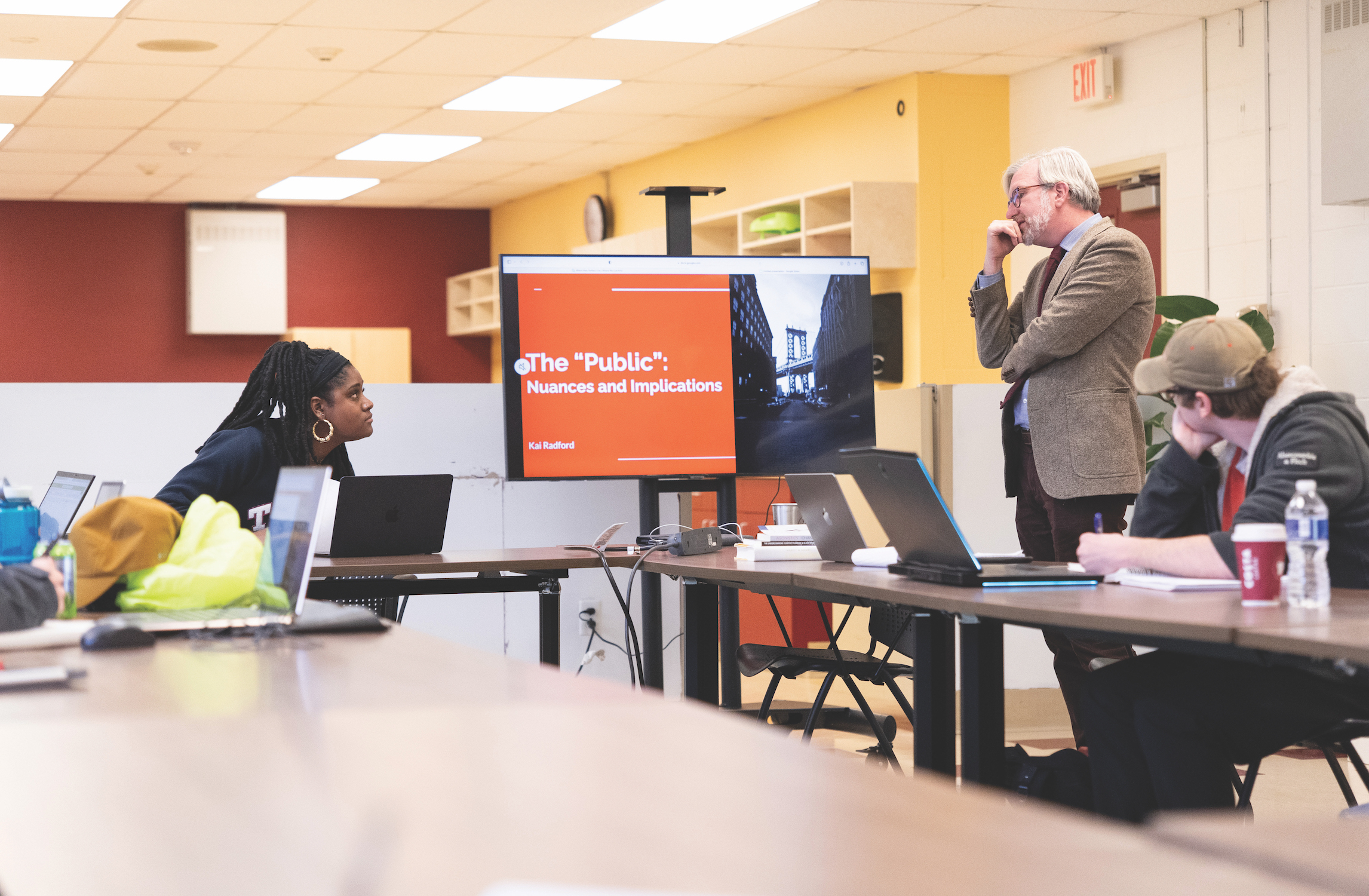
3 minute read
Community Engagement
The StudioLab hub also serves as a gathering place for listening sessions and workshops for Ville residents. Bernstine says the team has been intentional about supporting the fabric and organizational structure they are building in the neighborhood. “We are mindful of our position and want to play our part,” he said.
That means each event must go through a careful selection process. The StudioLab Community Advisory Board — comprised of the Sumner High interns, Ville residents, and community partners — must approve each idea to ensure workshops truly serve the neighborhood.
Advertisement
In early spring, the Urban Land Institute presented a handson workshop for Ville residents to learn about the issues and economics involved in urban design.
A creative button-making workshop with CJ Mitchell of the Contemporary Art Museum St. Louis was also in the works. That event would be open to the neighborhood and include a discussion of community building and the use of buttons in activist movements.
Other workshops will focus on topics like urban gardening, holistic wellness, and civic engagement.
What comes next?
The Sumner StudioLab will continue to run through June, when the project’s funding from the Divided City Initiative comes to an end. But organizers Perry and Bernstine hope the work will find other ways to live on. “Moving slowly to build trust means that a year seems like the blink of an eye,” Perry said. “It feels like we are just getting started.”
Crystal Payne, a doctoral candidate in the English department who worked with the StudioLab, hopes to keep going even after her graduate assistantship ends. She’s loved working with the interns and getting to know the Ville, and she sees a significant connection to her work as a Caribbean scholar who studies borders, migration, and colonialism in literature.
“I think it’s important, putting a face to a theory,” Payne said. “We can talk about the tragedies of discrimination. We can talk about imperialism and colonization. But meeting the people it affects, I think that deepens our understanding of our field.”
The future of Sumner High School is still in flux. In the meantime, Michael Allen focuses on the small ways he and his students can contribute to the neighborhood. He wants students to understand their responsibility. “You’re going to be a neighbor, a fellow inhabitant of spaces, for the rest of your lives and careers. Any commitment that you launch in a class can be a lifelong practice wherever you go.”










